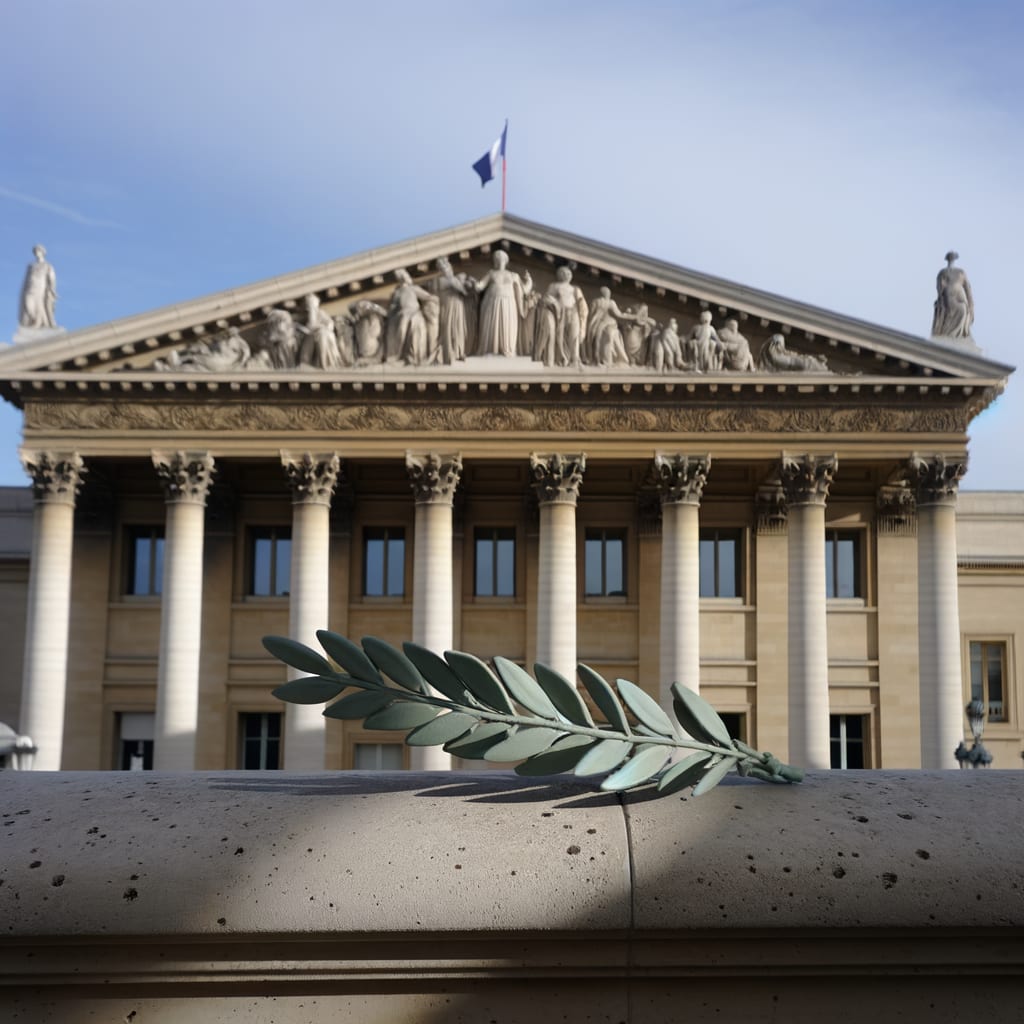France Recognizes Palestine: International Reactions and Implications
In a historic shift in foreign policy, France's President Emmanuel Macron announced that the country will officially recognize the State of Palestine. However, France's decision has provoked international reactions, with several countries supporting the move and others criticizing it, leading to broader implications for the Israeli-Palestine conflict.
Background and Context
President Macron's announcement signals a significant shift in France's stance on Israel's war on Gaza. Following France's decision, Turkey has also declared its intent to adhere to The Hague Group's measures against Israel, and fifteen other countries have backed a French-led statement for the recognition of Palestine. However, the move has been met with criticism, notably from over 100 French lawyers who have submitted a request to the International Criminal Court (ICC) to investigate the role of French officials in alleged war crimes by Israeli forces.
Key Developments
The recognition of Palestine by France has been described as a historic
gesture by Palestinian leaders and several Arab states, but it has been condemned by Israel and the US. In response to the French decision, Turkey has announced that it will take six measures against Israel, following commitments agreed earlier this month by a cohort of countries seeking to stop the Israeli war on Gaza.
The UK, in a move demonstrating its stance, has seen a formal criminal complaint filed by the Hind Rajab Foundation with the UK Metropolitan Police War Crimes Unit regarding an Israeli military assault on a British-flagged humanitarian vessel in international waters.
Reactions and Implications
While Palestinian authorities have welcomed the French decision, Israel accused Emmanuel Macron of 'rewarding terror'. The Iran parliament speaker, Mohammad Baqer Qalibaf, blamed international bodies for enabling Israeli impunity, warning that Gaza has become a museum of humanity’s crimes
.
On the other hand, Columbia University has sanctioned student activists, suspending or expelling dozens of students for their participation in pro-Palestine protests. The UN High Commissioner for Human Rights Volker Turk has criticized Britain's controversial ban of the direct action group Palestine Action as disproportionate and unnecessary
.
Conclusion
The recognition of Palestine by France has stirred international reactions and has significant implications for the Israeli-Palestine conflict. It remains to be seen how the situation will evolve in the coming weeks, given the scale and intensity of international responses.

